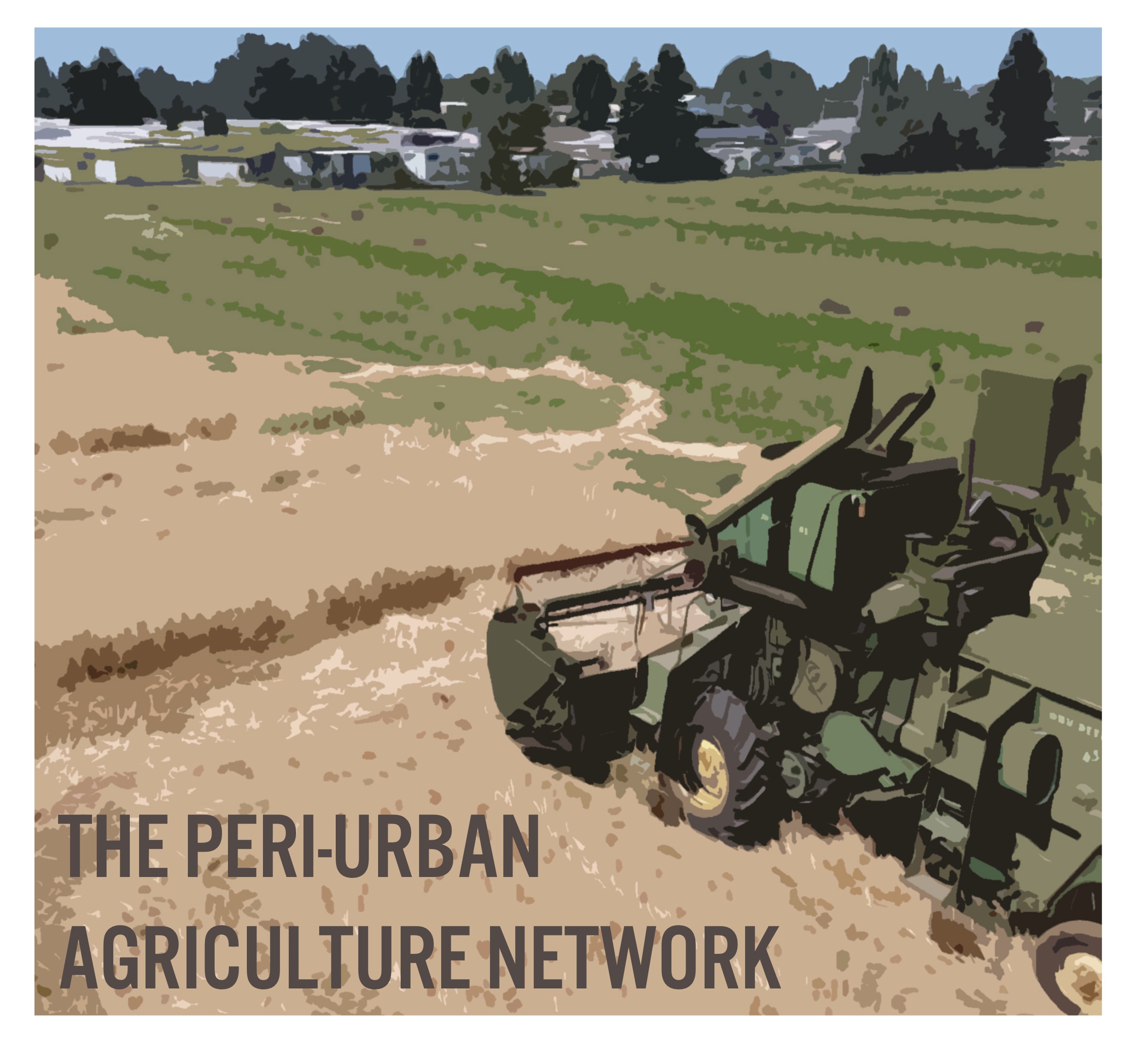Project Overview
Information Products
Commodities
Practices
- Education and Training: extension, farmer to farmer, focus group, networking, technical assistance, workshop
- Farm Business Management: agricultural finance, agritourism, budgets/cost and returns, business planning, community-supported agriculture, cooperatives, e-commerce, farm-to-institution, farm-to-restaurant, farmers' markets/farm stands, farm succession, financial management, land access, marketing management, new enterprise development, risk management, value added, whole farm planning
- Production Systems: organic certification, transitioning to organic
- Sustainable Communities: community development, community planning, ethnic differences/cultural and demographic change, infrastructure analysis, local and regional food systems, new business opportunities, partnerships, public participation, public policy, quality of life, social capital, social networks, sustainability measures, urban/rural integration, values-based supply chains
Abstract:
 An alternate logo for the Peri-Urban Agriculture Network shows an old grain combine appearing to be in a face-off with a dense cluster of adjacent residential housing as it prepares to harvest a crop. The image is meant to illustrate 1) competing interests that per-urban farmers often experience, 2) the dichotomy of some communities valuing living adjacent to the open space of farms, and 3) a fading era of larger-scale production being challenged to adapt to the changing context before them. The image also helps show some of the differentiation that characterizes peri-urban agriculture from urban agriculture.[/caption]
An alternate logo for the Peri-Urban Agriculture Network shows an old grain combine appearing to be in a face-off with a dense cluster of adjacent residential housing as it prepares to harvest a crop. The image is meant to illustrate 1) competing interests that per-urban farmers often experience, 2) the dichotomy of some communities valuing living adjacent to the open space of farms, and 3) a fading era of larger-scale production being challenged to adapt to the changing context before them. The image also helps show some of the differentiation that characterizes peri-urban agriculture from urban agriculture.[/caption]
Many peri-urban regions in the western US are in a state of acute juxtaposition between formerly rural agricultural communities and growing, modern urban centers. Urbanization challenges agricultural viability through land use pressures and a slow unraveling of historically land-based economies and culture. These agricultural circumstances can be very destabilizing, and highlight the need for agriculture to be efficient, well-informed, current, culturally networked, and unafraid to evolve and diversify. Current trends in are giving rise to unprecedented opportunities for an agricultural renaissance and growth of a diversified, multi-tiered agricultural economy that supports 1) agricultural enterprises on a wide range of scales 2) innovative value-added market structures and 3) preservation of a land-based culture that values farming and food.
This project proposed an educational initiative focused on strategies for sustaining agricultural viability in regions experiencing acute urbanization and land use pressure. A Peri-urban Agriculture Network of producers and university, private, government, and non-profit stakeholder entities working in agriculture, community, and economic development was the core project deliverable. The network was initiated through 1) a first annual conference focused on information exchange and Network growth, 2) production of a 5-part, Network-branded docuseries chronicling the experiences of farmers working to adapt to urbanization, and 3) development of a website serving as a focal point for Network activities, aggregated information, and resources, including an index of past relevant SARE projects. The Network has been developed to be an ongoing, expandable, adaptable, evolving platform to move agriculture forward as a vital, contemporary economic enterprise and occupation in peri-urban contexts of the western region and beyond.
Project objectives:
The original project objectives (and timeline) were significantly impacted by COVID-19 Pandemic disruptions and restrictions and modified accordingly.
- Development and establishment of a Network website that will facilitate network activities (including the conference) and also serve as a perpetual resource for peri-urban famers and stakeholders.
- Development and delivery of a Network conference to initiate the network community and refine that initial community’s understandings of peri-urban agriculture and its barriers and opportunities to long-term viability.
- 3. Development of a video documentary series chronicling the struggles and successes of peri-urban farmers to further understandings of peri-urban agriculture and The Network to a greater audience beyond the conference.